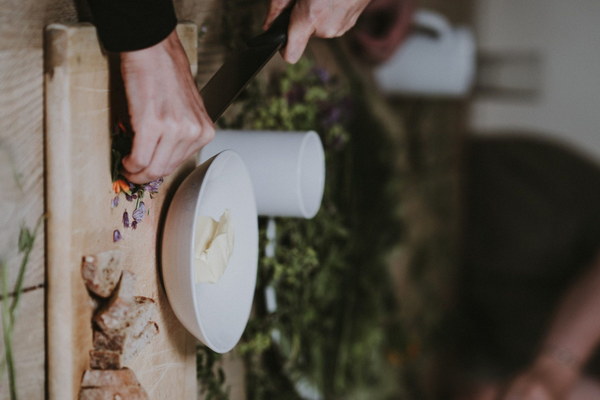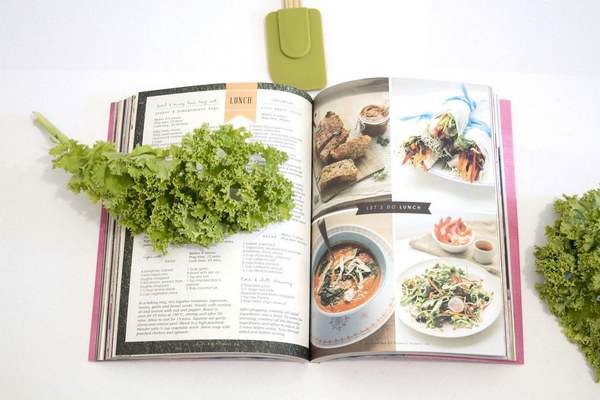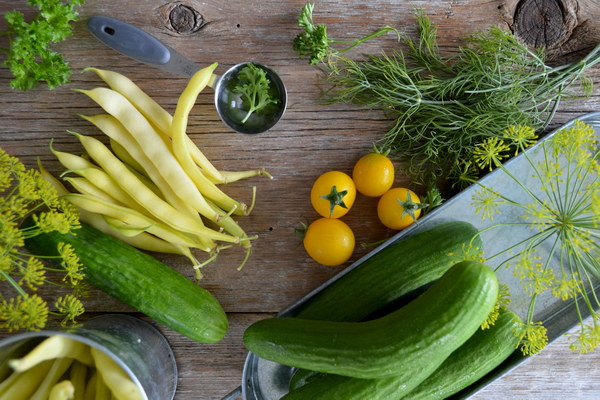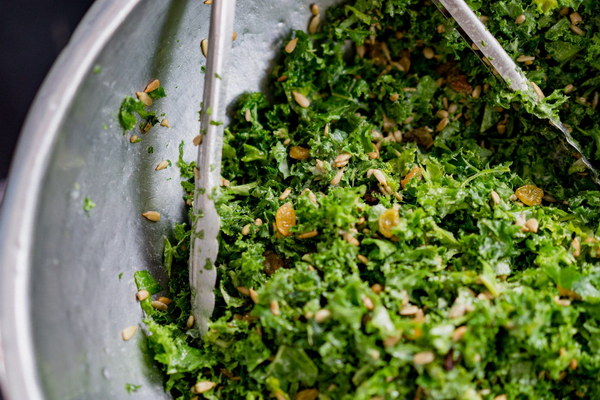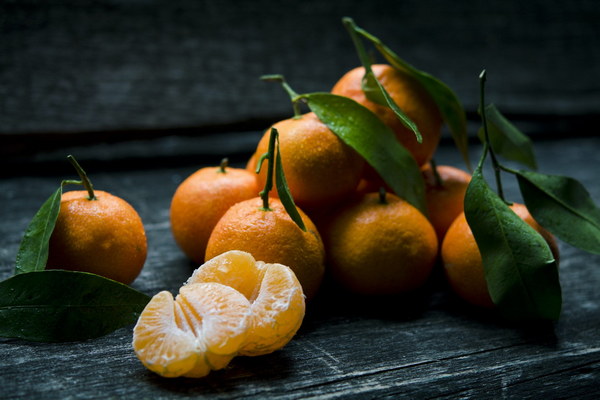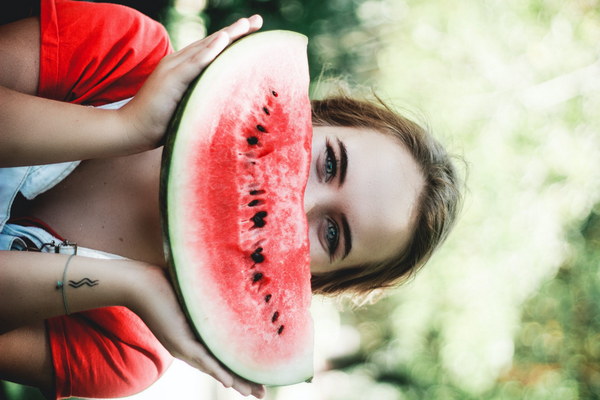Is It Beneficial for Elderly People to Drink HealthPreserving Teas
Introduction:
As we age, our bodies undergo various changes, and maintaining good health becomes increasingly important. One popular way to promote overall well-being in the elderly is by drinking health-preserving teas. But is it really beneficial for them to consume these teas? In this article, we will explore the advantages and potential drawbacks of drinking health-preserving teas for elderly individuals.
Benefits of Drinking Health-Preserving Teas for Elderly People:
1. Antioxidant Properties:
Health-preserving teas, such as green tea, black tea, and oolong tea, are rich in antioxidants. These compounds help combat oxidative stress in the body, which can lead to chronic diseases like heart disease, cancer, and neurodegenerative disorders. By drinking these teas, elderly individuals can enjoy a boost in their immune system and reduce the risk of age-related illnesses.
2. Improved Heart Health:
Research suggests that regular consumption of health-preserving teas can improve heart health in the elderly. These teas contain compounds like flavonoids and catechins, which have been shown to lower blood pressure, reduce cholesterol levels, and prevent the formation of blood clots. Consequently, elderly individuals who drink these teas may experience a decreased risk of heart attacks and strokes.
3. Enhanced Brain Function:
Elderly individuals often face cognitive decline, and drinking health-preserving teas can help mitigate this issue. Studies indicate that compounds in these teas, particularly green tea, may enhance cognitive function and improve memory. Furthermore, the antioxidants in these teas can protect brain cells from damage caused by free radicals, thereby reducing the risk of Alzheimer's disease and other neurodegenerative conditions.
4. Improved Digestion:
As we age, our digestive systems tend to slow down, leading to constipation and other gastrointestinal issues. Health-preserving teas, especially herbal teas, can help improve digestion. Many of these teas contain natural laxatives and anti-inflammatory properties that can soothe the digestive tract and promote regular bowel movements.
5. Increased Hydration:
Elderly individuals often struggle with adequate hydration due to reduced thirst and decreased kidney function. Drinking health-preserving teas can help increase fluid intake, as these teas are hydrating and flavorful. This can contribute to maintaining healthy skin, joints, and overall bodily functions.
Potential Drawbacks of Drinking Health-Preserving Teas for Elderly People:
1. Caffeine Intake:
Some health-preserving teas, particularly black tea and green tea, contain caffeine. Excessive caffeine consumption can lead to nervousness, insomnia, and increased heart rate in elderly individuals. It is essential for them to be mindful of their caffeine intake and choose decaffeinated or low-caffeine options.
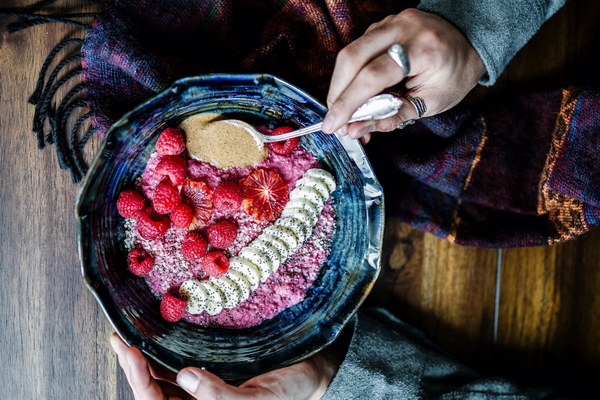
2. Drug Interactions:
Certain health-preserving teas may interact with medications commonly prescribed to elderly individuals, such as blood thinners, heart medications, and certain herbal supplements. It is crucial for elderly individuals to consult with their healthcare providers before incorporating these teas into their daily routine.
Conclusion:
In conclusion, drinking health-preserving teas can offer numerous benefits for elderly individuals. These teas can help combat oxidative stress, improve heart health, enhance brain function, promote digestion, and increase hydration. However, it is essential for elderly individuals to be aware of potential drawbacks, such as caffeine intake and drug interactions. By consulting with healthcare providers and choosing appropriate teas, elderly individuals can enjoy the health benefits of these delightful beverages while minimizing risks.
